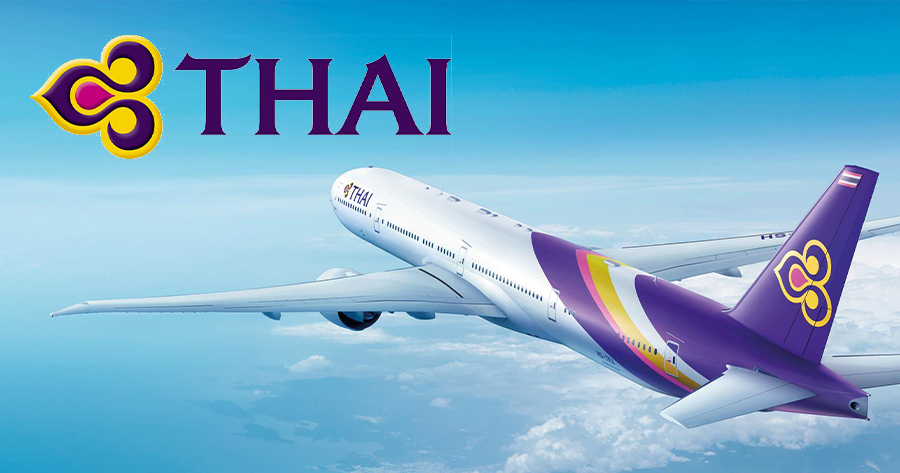Thai Airways International Public Company Limited (SET: THAI) reported a significant 64.6% year-on-year drop in net profit for the third quarter of 2025 (3Q25), driven primarily by contrasting one-time financial events compared to the previous year. The company posted a net profit of THB 4,421 million in 3Q25, a substantial decrease from the THB 12,483 million recorded in 3Q24.
| Quarter | 3Q25 | 3Q24 |
| Net Profit (Loss) Million Baht |
4,413.39 | 12,479.52 |
| Earning Per Share (Baht) |
0.16 | 5.72 |
| % Change | -64.63 | |
| 9 Months | 9M25 | 9M24 |
| Net Profit (Loss) Million Baht |
26,369.37 | 15,195.21 |
| Earning Per Share (Baht) | 0.93 | 6.96 |
| % Change | 73.54 | |
However, the underlying health of THAI’s core business showed robust improvement. Operating profit before finance costs (excluding one-time items) surged by 19.0%, reaching THB 8,557 million, up from THB 7,192 million in the same period last year. Furthermore, EBITDA increased by 13.4% to THB 12,408 million. The sharp decline in net profit stems from 3Q25 recognizing a net one-time expense of THB 993 million (including asset impairment and foreign exchange losses), while 3Q24 benefited from a net one-time revenue of THB 10,119 million (including gains on debt restructuring and foreign exchange).
Total revenues (excluding one-time items) for 3Q25 slightly decreased by 3.1% to THB 44,398 million. This decline was mainly attributable to transportation revenue falling by 4.1%. Both passenger revenue (-3.8%) and freight and mail revenue (-5.9%) decreased due to intense price competition and the adverse impact of the Thai Baht’s appreciation. The average passenger yield dropped by 7.8% to 2.61 THB.
Crucially, strong cost management and market factors buoyed profitability. Total expenses (excluding one-time items) fell by 7.2%, primarily due to a 15.1% reduction in aircraft fuel expenses. This massive saving came from an 8.4% decrease in average fuel prices and the appreciation of the Thai Baht against the US Dollar.
THAI continues to expand its operational footprint. As of 30 September 2025, the operating fleet reached 78 aircraft, a modest increase of one aircraft (1.3%) from the previous year. The company accepted delivery of one Airbus A330-300 during the quarter to support high-potential routes. Operational capacity (ASK) grew by 3.1%, while passenger traffic (RPK) expanded by 4.0%, leading to a slight improvement in the cabin factor to 76.8% (up from 76.1%). These gains reflect strategic route management, including the resumption of the European route to Brussels (December 2024) and increased frequencies to popular Asian destinations like Shanghai and Denpasar.
Looking ahead, THAI plans significant network expansion, especially in the Chinese market, and fleet modernization, with 17 Airbus A321neo aircraft expected to be delivered by the end of 2026, alongside a long-term order for 45 Boeing 787 Dreamliners starting in 2028.



